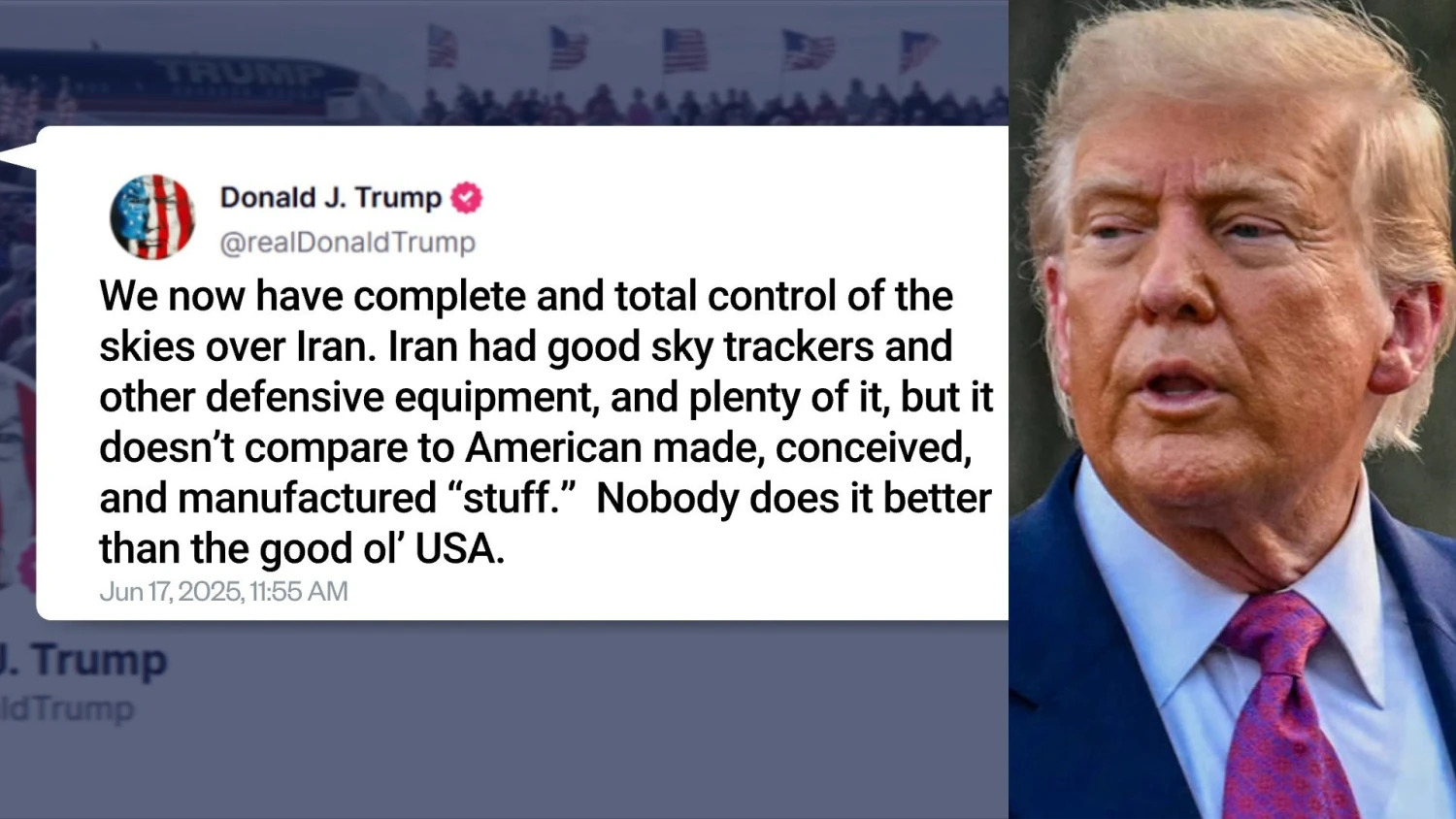Was the so-called 12-day war a triple victory or a triple defeat? Will Americans tolerate a policy of “Israel first” over “America first”? The answers to these and other key questions will determine whether, and how deeply, the United States could be drawn into the fray again.

Between June 13 and 24, Israel and Iran engaged in an unprecedented 12-day aerial conflict that climaxed on June 21 when the United States directly joined the military campaign with airstrikes targeting three of Iran’s nuclear facilities. However, the trilateral conflict came to a swift end when a cease-fire was declared on June 24 and all three parties proclaimed victory.
Was this historic “war” truly a triple triumph? Or was it a shared defeat? More fundamentally, was it merely a temporary cessation of hostilities or a genuine end? Did U.S. President Donald Trump and his administration assert authority or lose credibility?
Trump appeared to believe that hitting Iran would showcase America’s military hard power — particularly the capabilities of its B-2 bombers and “bunker buster” bombs — such that Iran would be compelled to return to the negotiating table. This strategy of “peace through strength” was consistent with Trump’s long-standing self-image as a leader who abhors war and aspires to win a Nobel Peace Prize. Clearly, the strike was intended as an assertion of authority for Trump personally and for his administration.
However, some American analysts argue that Trump’s decision not only provoked a domestic backlash — including criticism from Democrats and even members of the MAGA movement, who accused him of acting “unconstitutionally” by bypassing congressional approval, but also ensnared the United States in what they view as a trap set by Israeli Prime Minister Benjamin Netanyahu. In this interpretation, the United States essentially went to war on behalf of Israeli interests, with “Israel first” supplanting “America first.”
Moreover, the U.S. airstrikes significantly undermined Washington’s diplomatic credibility. Before Israel’s initial attack, the U.S. had been preparing for a new round of nuclear negotiations with Teheran. But those talks were derailed by the outbreak of hostilities. Although Trump later said that he would give Iran two weeks to reconsider its stance, he authorized the American strikes just two days later. This perceived inconsistency further eroded trust and pushed Iran farther from any willingness to reconcile or build strategic confidence with the United States.
The second key question asks whether Iran’s nuclear capability was “obliterated,” as Trump claimed, or just partially damaged. Trump asserted that the U.S. bombardment of three Iranian nuclear sites had “completely destroyed” Iran’s nuclear capabilities. However, preliminary assessments by the Defense Intelligence Agency suggest otherwise. These assessments indicate that the strikes merely postponed Iran’s nuclear program by several months, falling short of wrecking it entirely. Iran had already transferred some of its highly enriched uranium to undisclosed locations before the attacks, and most of the centrifuges used for uranium enrichment remained intact. Iranian officials have since emphasized that the country retains both its nuclear infrastructure and technological capabilities. In other words, Iran still holds significant leverage in any future negotiations with the United States.
Finally: Has Israel’s sense of security been strengthened or weakened? Will hostilities resume, potentially drawing the U.S. deeper into the conflict?
As the dominant regional power in the Middle East, Israel has long prided itself on its sophisticated Iron Dome missile defense system. However, this reputation was severely tested during the 12-day conflict. Iran launched 22 waves of long-range missile and drone attacks on Israeli territory, many of which penetrated the air defenses and caused substantial damage to critical infrastructure in cities such as Tel Aviv, Haifa and Eilat. The resulting civilian panic — evidenced by mass evacuations to bomb shelters — marked a significant decline in Israel’s perceived security.
When Israel launched its preemptive airstrikes against Iran, Prime Minister Netanyahu articulated two main objectives: to “completely dismantle” Iran’s nuclear program and, ideally, to trigger a domestic uprising capable of toppling the Iranian regime. After 12 days of warfare, neither of these objectives appears to have been realized. The underlying tensions between Israel, Iran, and the United States regarding Iran’s nuclear development remain unresolved.
Moreover, the conflict has further destabilized the region, intensifying the arms race — including the pursuit of nuclear weapons — across the Middle East. Should the prioritization of military might over civilian welfare become entrenched, the region risks undermining its economic development and long-term stability, thereby endangering any prospects for lasting peace.
In sum, as long as the structural antagonisms between Israel and Iran persist — especially with Netanyahu in power — the threat of renewed conflict will endure. Whether the United States is once again drawn into the fray will largely depend on Trump’s calculations and on whether American public opinion continues to tolerate a foreign policy that places “Israel first” over “America first.”
